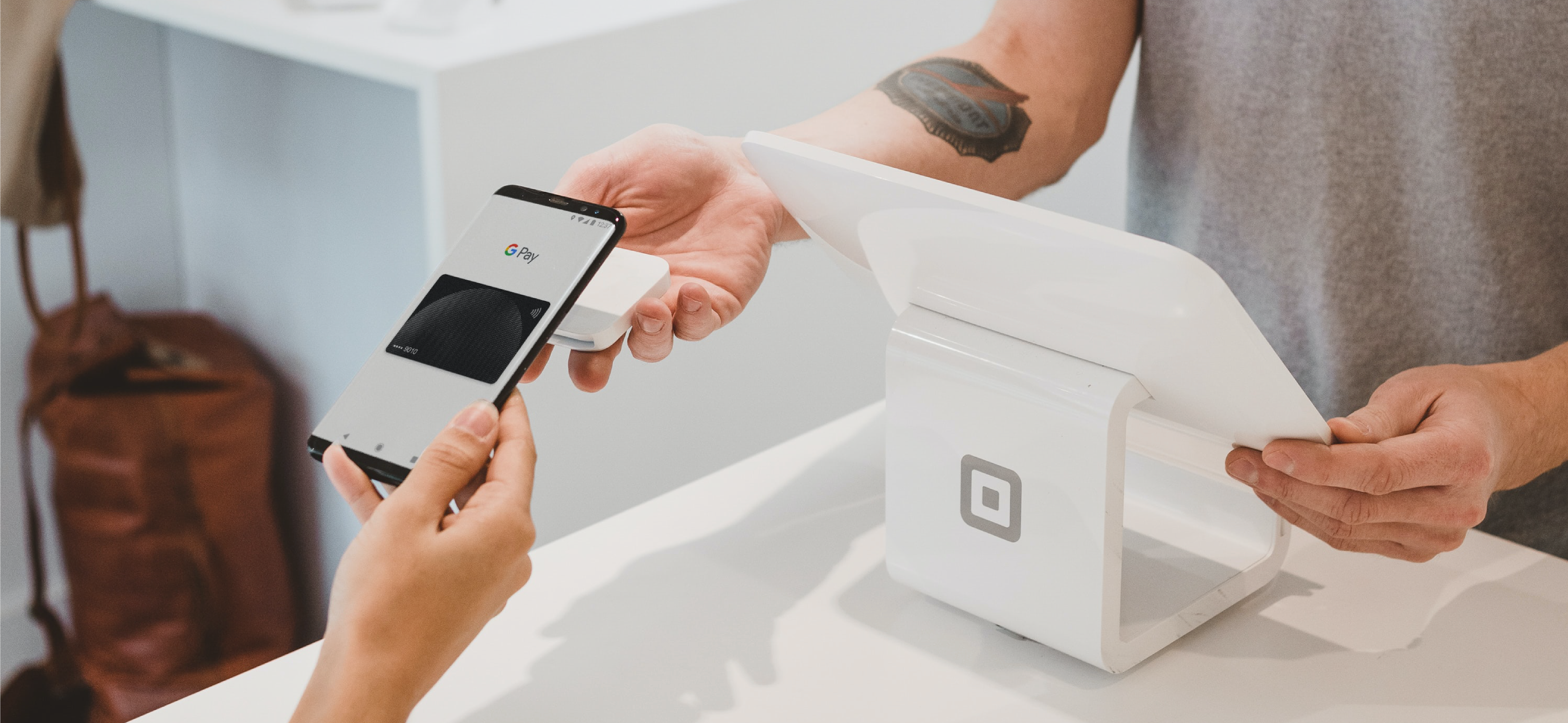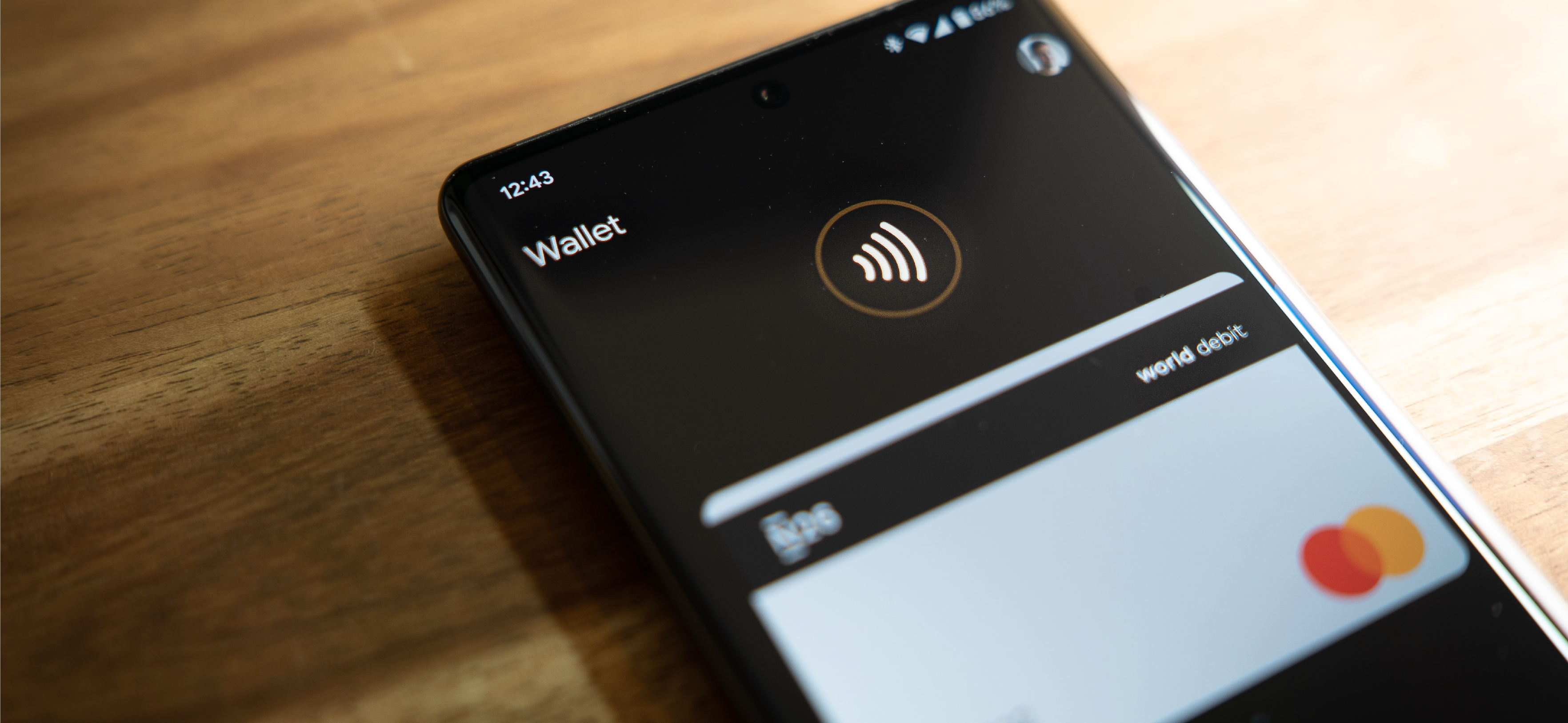
By now, you would be hard-pressed to find someone who doesn’t treat their smartphone as their lifeline. With an unprecedented amount of digital advancements in the past few years, it can be easy to forget how many mobile services we have access to today that were previously only tech-driven ideas anticipated to launch over the next 5-10 years. As financial institutions turned to mobile payments and retailers moved a majority of their products online, customers quickly realized the convenience and freedom that digitalization brought to their day-to-day lives. Now, they’re demanding more.
Naturally, the shift to digital means that customers everywhere are moving away from traditional forms of payment and identification, and the less they have to keep on hand—in their physical wallets—the better. A 2022 survey from card-issuing platform Marqeta found that 56% of U.S. customers feel comfortable enough to leave the house with just their phone and not their wallet. This increase in customer confidence can also be attributed to the fact that 4-in-5 U.S. shoppers now believe they can make mobile wallet purchases anywhere and everywhere they want to.
What is a Mobile Wallet?
Mobile wallets, also known as digital wallets, are the virtual equivalent of a physical wallet with the additional convenience that they live on your mobile phone. Because digital wallets are connected to the Internet, just as your device is, mobile wallets enable customers to securely store and easily access a variety of information all in one place in the form of a wallet pass or wallet card. For businesses and brands, mobile wallets unlock an easy way to create, distribute, manage, and update their wallet passes in real-time, while making it even easier for customers to use. Not only that, but businesses that effectively adopt wallet passes can also significantly reduce the cost of physical card programs by 10X-25X.
When mobile wallets were first introduced, such as Apple Pay for iPhones and Google Pay for Android devices, the mobile-native applications primarily focused on storing payment and password information, which ultimately enabled digital payments. But now that a large majority of merchants accept some form of contactless payment, mobile wallet passes have moved far beyond just storing banking & credit card details.
Today, it’s the non-payment wallet pass offerings that are most compelling for customers. Through digital gym memberships, reward cards, vouchers, concert tickets, and everything in between, brands can open up a new communication channel that easily reaches (and extends their reach to) customers on mobile. Recent research shows that 69% of U.S. and U.K. adults are more likely to use their loyalty card if it’s on their phone, while 77% of consumers are interested in having expired coupons automatically updated to new offers in their digital wallets.
Use Cases:
- Membership cards
- Loyalty point & stamp cards
- Digital ID cards
- Insurance cards
- Coupons & vouchers
- Gift cards
- Giveaways & sweepstakes
- Event tickets
- Reservation & appointment bookings
- Boarding passes & transit cards
- Buy Online, Pick-up In Store (BOPIS)
Benefits of Mobile Wallets
If it wasn’t clear enough, this is your sign to get started with mobile wallets. Customers spend the majority of their time on their mobile phones, whether they’re out in public or at home. That ultimately makes mobile wallets the prime opportunity to make your life and your customers’ lives that much easier, regardless of the industry you’re in. Check out the benefits:
1. Improved customer experience with greater convenience
Mobile wallet passes mean your customers can finally say goodbye to carrying physical plastic cards. And since they’re digital, that makes IDs, loyalty cards, coupons, and anything else nearly impossible to lose. Wallet passes are easily accessible and even easier to use, allowing your customers to tap and go at checkout in mere seconds. Unique to wallet passes like Passcreator by Fobi, features like pass bundling enable customers to access multiple wallet passes with a single download.
Your brand, too, can benefit from the ease of use of mobile wallets, helping you get started without the hassle of building and maintaining your app—there’s no app required.
2. Targeted segmentation based on customer data
Once customers download your wallet pass to their mobile wallets, their customer data is immediately collected and available for use, keeping you connected to your customers at all times. The enhanced data and analytics side of wallet passes allow businesses to specifically segment their customers into relevant groups, and directly target personalized messaging to their customers. Can you think of a better way to build brand loyalty & increase customer lifetime value?
3. Real-time communication & push notifications
Reach your customers at the right time and place. Mobile wallets enable brands to use geofencing and time-based notifications to send relevant promotions and offers to customers who are near your store or venue. Push notifications not only help drive in-store traffic, but also allow you to send updates, reminders, and announcements straight to your customers’ lock screens that nudge them to act when they otherwise might not have.
4. Secure protection of data privacy
One of the biggest concerns customers have with digitalization is the possibility of a breach of their data. With mobile wallets and passes, the only personally identifiable information (PII) that’s kept, and protected, is what the customer is comfortable with adding themselves. Since most smartphones are protected by biometrics or a password, mobile wallets are very difficult to break into, making them much more secure than physical wallets. For additional levels of security, some wallet passes may even require a password, fingerprint, or face scan once the phone is already unlocked.

How Do Mobile Wallets Work?
With security and convenience at the forefront, mobile wallets are safe, quick, and easy to use. Data is wirelessly transferred to the merchant or retailer using QR codes or near-field communication (NFC) readers, which allow customers to simply scan or tap their mobile phones at checkout without having to pull out a physical card, enter a pin, or provide a signature. The digital wallet will exchange relevant information with the merchant, but only enough to verify that the payment, ticket, or ID is approved. No personal customer data is ever stored or shared.
As an example, picture each time you’ve been to a liquor store. More often than not, you will get asked to show your ID. Not only is there that moment of struggle needing to pull out your wallet and IDs (sometimes multiple), but there is also the privacy concern that comes with the number of people around you who can access your personal information (ie. cashier/clerks). For age-restricted products like liquor and cigarettes, clerks may need to verify that you're of age, but that doesn’t mean they need to know your actual date of birth. Wallet passes can do just that: have your pass quickly scanned at checkout for age verification, without providing unnecessary personal information.
How Mobile Wallet Passes Drive Digital Identity
With the growing importance of safe, efficient, and convenient technology, digital identity (digital ID), in tandem with mobile wallets, has also become one of the most significant tech trends in the world. Digital identity refers to a person's online or offline persona, which is uniquely verified and often tied to specific digital accounts or profiles. Much like a physical driver’s license or passport, digital ID cards store information such as name, address, and date of birth, as well as other information that is used to identify them online, such as their username, password, and email address. Digital identity can also include a person's online behavior, such as the websites they visit and the things they post on social media.
Digital identity is important because it provides customers with more control over how their information is accessed and used, while eliminating risks associated with carrying traditional ID documents, such as identity theft and counterfeiting.
Digital ID cards can be easily added to your mobile wallet, offering customers greater convenience and accessibility daily while prioritizing their safety and data privacy. In industries like government services, healthcare, and regulated sectors like liquor and gaming, digital ID provides a whole new approach to trusted authentication and verification.
AltID by Fobi is just one example of how digital identity can be used to advance critical processes like credential management. Going back to our liquor store example, the use of digital age verification solutions like AltID enables clerks to accurately verify that their customers are of legal age by simply scanning their digital ID wallet pass—all without needing to see their actual date of birth. AltID takes it even one step further by authenticating whether the ID being used is legitimate to help prevent fraud.
Mobile wallets are rapidly evolving, and the capacity to include wallet passes as digital ID cards means that businesses and customers alike are already getting a taste of a safer, more digital future. With technology like AltID, it’s more evident than ever that organizations like Fobi are quickly making that future a reality.
Are you ready to digitalize your future? Click here to get in contact with our team and learn everything you need to know about mobile wallets, wallet passes, and digital identity.

January 13, 2023